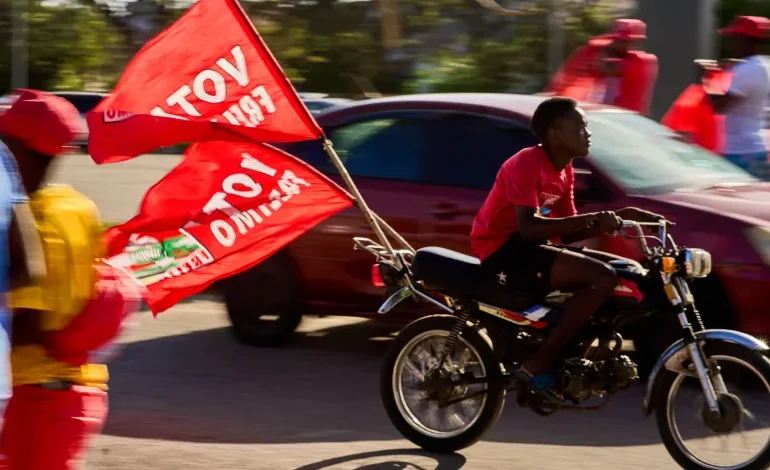Gunmen Kill Opposition Lawyer and Official in Mozambique Ahead of Election Protests
Gunmen Kill Opposition Lawyer and Official in Mozambique Ahead of Election Protests

- Gunmen in Mozambique have killed a prominent opposition politician’s lawyer
- The murders have heightened tensions in Mozambique
- Nuvunga described Dias's killing on social media as a “political assassination,”
Gunmen in Mozambique have killed a prominent opposition politician’s lawyer and another official ahead of planned protests over a disputed election result, according to their party.
The attack occurred late Friday night in the capital, Maputo, when assailants pursued the car of Podemos party lawyer Elvino Dias and party representative Paulo Guambe, fatally shooting them.
Videos circulating on social media captured a BMW SUV riddled with bullet holes, showing what appeared to be the bodies of the two men in the front seats, one with blood on his chest.
The murders have heightened tensions in Mozambique, where citizens are awaiting the results of the October 9 election, marred by allegations of vote-rigging and suppression of dissent against the ruling Front for the Liberation of Mozambique (Frelimo) party, which has been in power for 49 years.
Podemos has rejected the provisional results indicating a win for Frelimo and has called for a nationwide strike on Monday. Although Venancio Mondlane ran for president as an independent, he received support from Podemos.
“These killings are further evidence of the lack of justice that we all face,” stated Podemos.
Adriano Nuvunga, director of Mozambique’s Center for Democracy and Human Rights (CDD), described the murders as a “cold-blooded assassination,” indicating that the victims were shot with around 10 to 15 bullets and died instantly.
Human Rights Watch also confirmed the attack in a statement.
As per the latest election results, Frelimo is leading in all 11 provinces, and its candidate Daniel Chapo is anticipated to succeed President Filipe Nyusi, who is term-limited.
Podemos and other opposition groups have accused Frelimo of electoral fraud, and international observers have raised concerns about the integrity of the polls, citing reports of vote-buying, intimidation, and inflated voter rolls in Frelimo’s strongholds.
Since introducing democracy in 1994 after two decades of one-party rule, Mozambique has faced ongoing issues related to electoral integrity. The final election results are expected on October 24, but there are fears that Monday’s protests could escalate into violence.
Nuvunga described Dias’s killing on social media as a “political assassination,” highlighting the climate of fear surrounding political dissent in the country.





